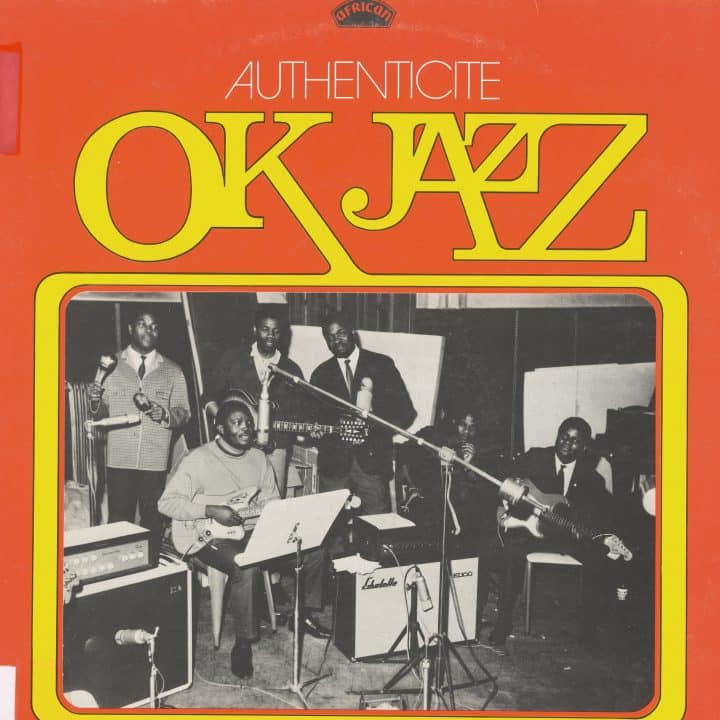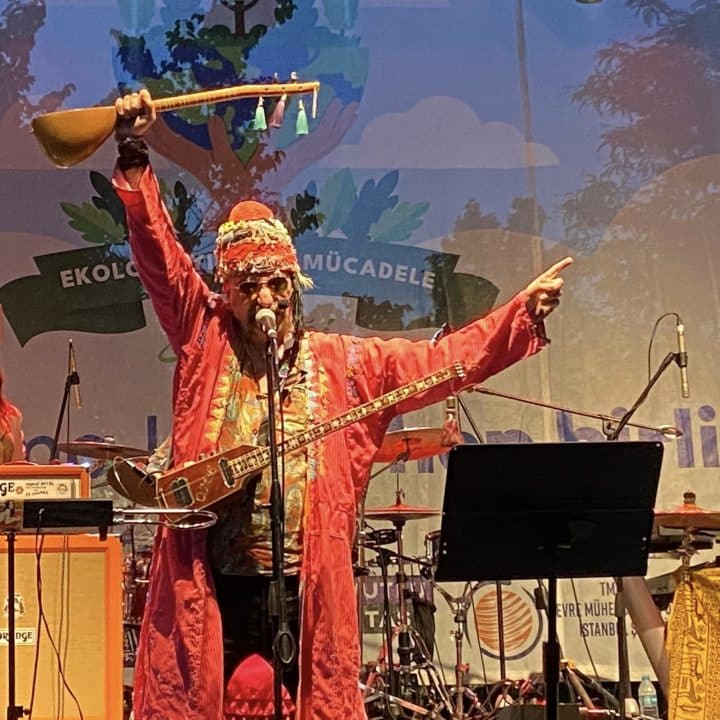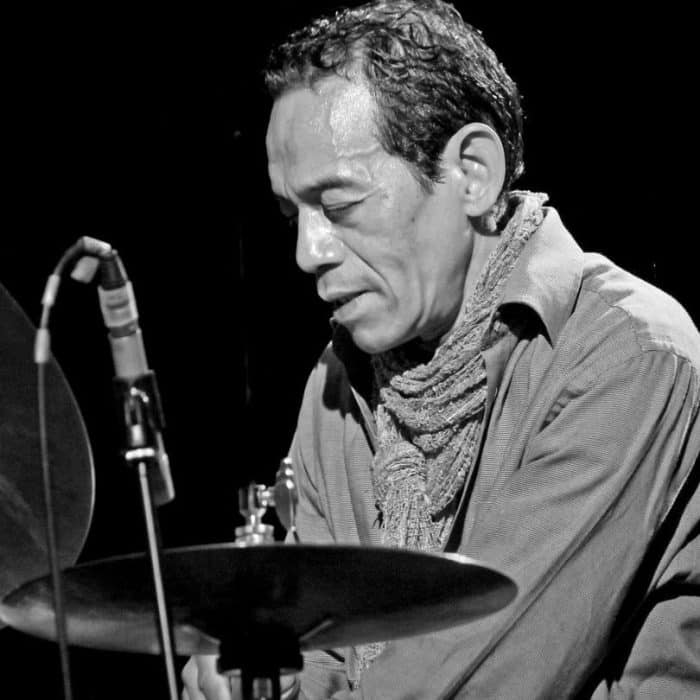Poetry as Aesthetic Practice
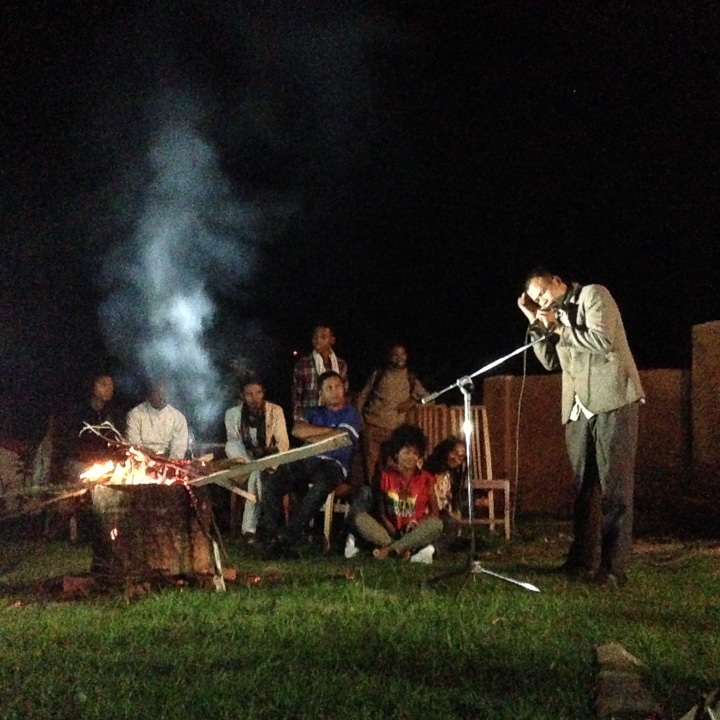
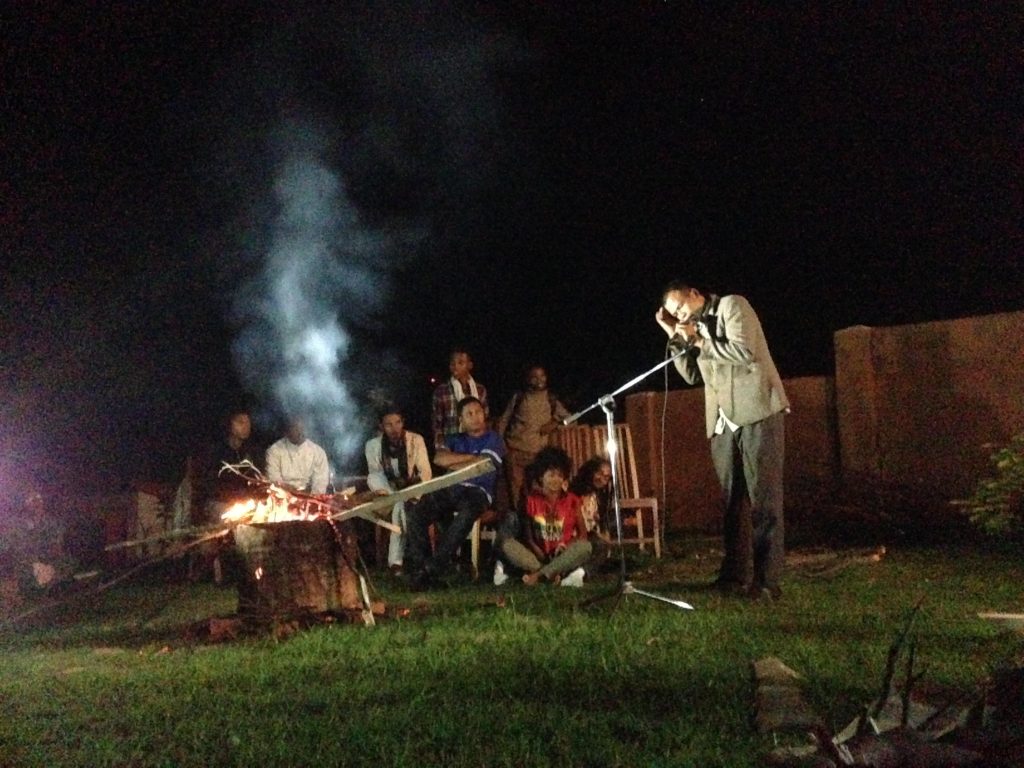
Poetry as Aesthetic Practice
Form, Experience and Relation to Lifeworlds in Verbal Arts in Madagascar and Tanzania.
Nikitta Adjirakor (University of Bayreuth)
Clarissa Vierke (University of Bayreuth)
Project Duration: 03/2016 – 03/2022
Funding: Deutsche Forschungsgemeinschaft / German Research Council (DFG)
The project studies how poetic forms and practices contribute to the construction of lifeworlds within the urban contexts of Tanzania and Masagascar. It starts from the assumption that poetic forms of engagement with the world fundamentally and systematically differ from other, more explicit forms of communication, and that they do so due to their unique combination of form and content. Therefore, we argue, to study poetry’s social and cultural dynamics requires a specific approach. Focusing on the ambiguous relation between poetic artworks and their aesthetic experience, the project examines how poetic language is actually experienced and how it is rendered meaningful in everyday life. Applying a profoundly empirical perspective, the project tries to go beyond existing approaches which deduce both experience and effect from the gestalt of the poems themselves and thereby neglect how artwork, experience, and lifeworld actually interrelate.
In order to pursue its goals, the project investigates both “highbrow” and “popular” genres of poetry. During three different stages of our research, we deal with three different dimensions of the poetic process: First, we will explore the semantic potential of certain groups of poems, with a strong focus on how, in relation to certain genres, form and content relate (aspect 1: “form/content“); then, we will examine how these poems are actually experienced in performative situations (aspect 2: “aesthetic experience”); finally, we will try to understand the ways in which the aesthetic experience of poetic articulation is rendered meaningful when it comes to making sense of, and engaging with, actual lifeworlds (aspect 3: “reflection and consequences”).
In combining approaches from literary studies and cultural anthropology, by paying special attention to aesthetic form, and in pursuing a strictly empirical approach to the study of both aesthetic experience and its everyday uses, the project intends to substantially contribute to existing ways of studying verbal art in Africa on the one hand, and to debates concerned with the essences, experiences, and effects of aesthetic language and aesthetic forms more generally.
